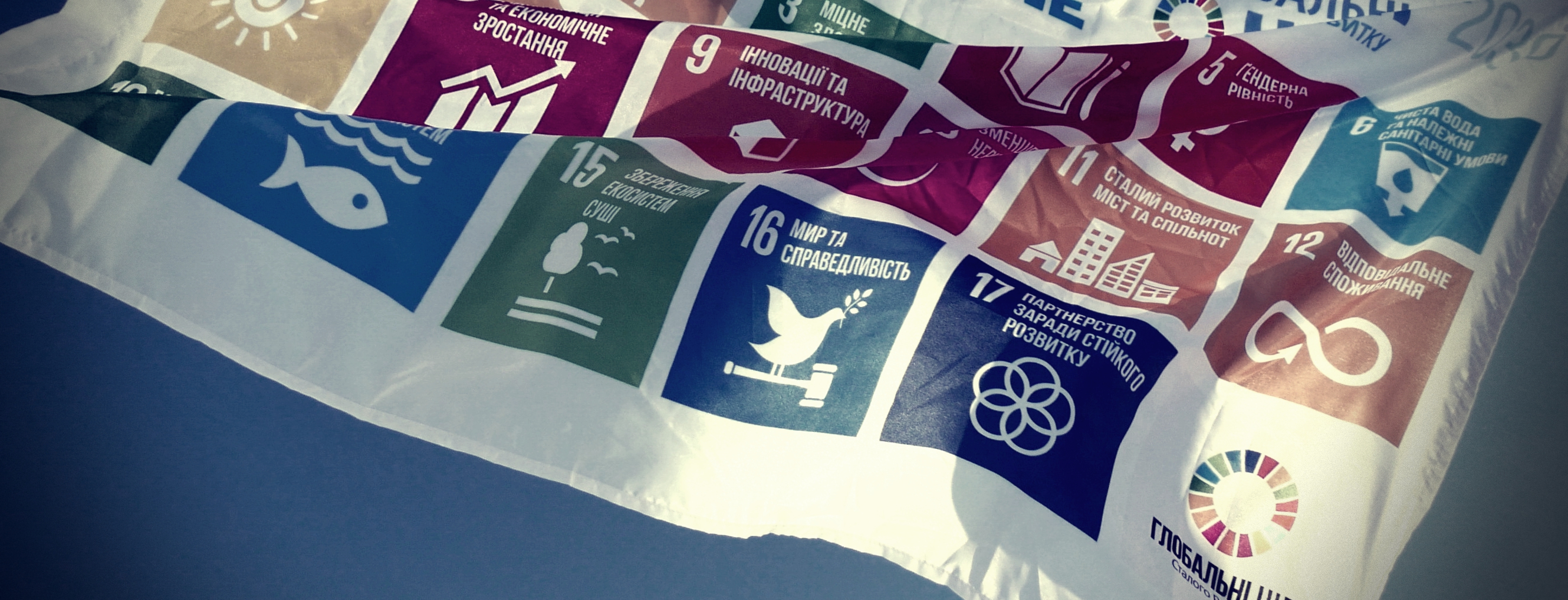By Suhyon Oh
◦ 2 min read ◦
The Sustainable Development Goals (SDGs) are the common goals of global development as we all agreed. Since its endorsement in 2015, it has become the norm. Multilateral corporations, aid agencies, development finance institutions and international organizations all refer to one or two Sustainable Development Goals (as their priorities) to legitimize environmental and social impact of their business activities. (I must confess here that I was also one of them). However, what are the actual changes in practices? Does it merely work as one other additional reference to our work? Otherwise, does it provoke transformational changes in our business strategies and practices for sustainability? Ironically, the Sustainable Development Goals are at once too sophisticated and too vague to do so.
The complexity of the goal structure should not be an excuse.
The development process of SDGs has been grounded based on lessons learnt from the Millennium Development Goals. Because the MDGs excessively focus on the social aspect of development, the SDGs embrace economic, social, and environmental aspects. This led the number of goals to increase from 8 to 17. In relation to the goals, 169 target goals and 231 indicators have been developed to track the progress of 17 goals (In comparison, the MDGs only have 21 target goals and 60 indicators). These vast numbers intend to strengthen progress monitoring and enhance result management; however, such complexity seems problematic to fulfil the initial purpose. Some indicator selection processes are still under the technical review process after five years of SDGs have once passed and almost half of the indicators (106 out of 231) contain technical difficulties producing data on a regular basis to track the progress. I know that measuring the fulfillment of the whole massive SDGs is complex and may not be an easy task. However, when it comes to wrestling with such a giant, the sophisticated skill set (here, seeking clear target goals and indicators) would be a winning strategy rather than hurdles. Thus, how should we deal with the giant?
We have to consider which specific target goals and indicators are aligned with my actions if you have a will to achieve the SDGs. Simply stating one of the goals does not track your achievement. Each goal cannot be even drawn in parallel rather they are all interlinked.
Universality matters, but not everyone is in the same boat.
We know why the SDGs have a principle of “No one left behind” across all the goals. This principle is again a result of lessons from the MDGs, which were criticized for the fact that they did not consider inequality and vulnerable groups in a development process. So that, this core principle is embedded into seventeen goals with the terms “inclusive”, “for everyone”, “for all” regardless of the developmental stage of their nations. Then, how can we make sure this would go far beyond the rhetoric?
We need extreme caution here. Do we have enough knowledge on those who are left behind? To move forward beyond the rhetoric, we need to unpack the word ‘everyone’. Even though ‘universality’ is an essential principle, we have to find out ‘who is left behind’ in every different context to make them not left behind, rather than concealing those excluded people under the name of “for everyone”.
Let’s see microfinance. It was expected as a universal means to reduce poverty and inequality since it provides a way of financial inclusion to those previously excluded to access credit. However, many research findings demonstrate that a particular type of “financial inclusion” which is embedded into microfinance cannot solve the marginalized groups’ economic challenges by itself. Without complementary social support, it was not enough to empower the poor, and even sometimes it resulted in an exacerbating situation for the people. I think this tells us the importance of deeper understanding of the poor, thus the need for a carefully targeted approach for impact.
In brief, working for “everyone” requires additional attention and effort. Whose reality should count first? How could we guide us to hold clear accountability to turn the “No one behind” catchphrase into concrete actions? I believe one of the roles of research on the SGDs should be founded here.
SDGs as a norm: it should be embedded into everyone’s everyday life.
Unlike the age of the MDGs, the SDGs involve a variety of actors such as private sectors and civil societies, who were not officially a part of the MDG process. Various stakeholders can create synergy through cooperation, but the responsibility to fulfil the SDGs become vague. According to Jurkovich (2019), three essential elements are needed to become a norm: “a moral sense of “oughtness”; a defined actor “of a given identity”; a specific behaviour or action expected of that given actor”. The SDGs as a global norm neither identify relevant actors for each specific goal and indicator nor have a compliance mechanism.
Sadly, the SDGs do not assign the responsibilities to anybody and the technical difficulty to monitor them also implies oughtness can be weakened. Frankly speaking, we officially have no obligation to contribute to the SDGs.
Despite its non-obligatory identity, I strongly believe that most of us have a willingness to dedicate to the SDGs. Although we all understand its complexity of monitoring, ambiguity of target people and non-compliance mechanisms. I urge you as an individual, a scholar or a member of the whole global development community to carefully consider what goals/target goals/indicators and for whom I can contribute with a strong responsibility. Otherwise, the SDGs risk losing its political power and may be on track to decay its status as the norm before its completion in 2030.
About the Author
Suhyon Oh is a PhD fellow at the Department of Management, Society and Communication, Copenhagen Business School, and has over ten years of professional experience working with the donor agency, international organizations, development consultancy, NGOs as well as private sectors. As an international development expert, she has worked with the projects on development finance, financial inclusion and global value chain development, etc. Her current research interest is development finance institutions, impact investing funds in developing countries, hybrid organization strategy and strategy as practice.

